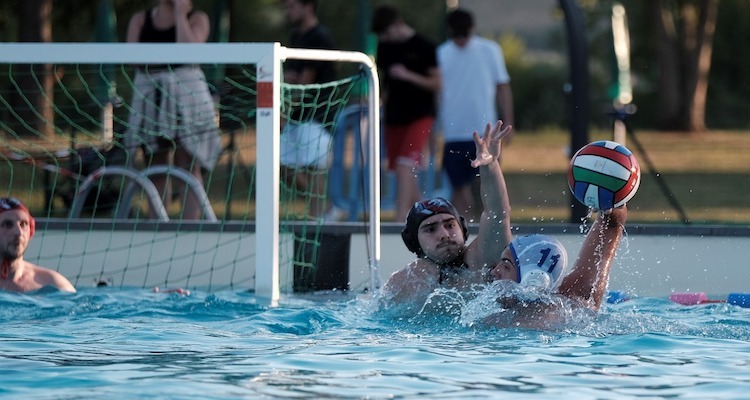
Water polo is a popular sport played in many countries around the world. It has a significant presence in regions such as Europe, the Americas, Australia, and parts of Asia.
In Europe, water polo is particularly popular, with countries like Hungary, Serbia, Croatia, Italy, and Spain having strong water polo traditions and large numbers of participants. These countries often dominate international competitions and have extensive grassroots programs.
In the United States, water polo is also played at various levels, including high school, college, and club levels. Many other countries, including Australia, Brazil, Canada, and Russia, also have active water polo communities.
Water polo is a challenging sport and we now turn to explore the physical demands of this exciting sport.
Water polo is a physically demanding sport that requires a combination of strength, endurance, speed, agility, and swimming ability. Here are some of the physical demands of water polo:
To meet these physical demands, water polo players engage in regular training that includes swimming drills, strength and conditioning exercises, interval training, and specific skill development sessions. Proper nutrition and hydration are also essential for performance and recovery. One way in which a water polo player can help improve their physical capabilities is to work with a strength and conditioning coach. We now explore how this may benefit a water polo player.
Working with a strength and conditioning coach can greatly benefit a water polo player in several ways. Here are some ways a strength and conditioning coach can help a water polo player:
Working with a strength and conditioning coach provides water polo players with professional guidance, structure, and expertise in optimizing their physical abilities. It helps players reach their full potential, enhance performance, reduce the risk of injuries, and ultimately excel in the sport.
If you would like to work with a strength and conditioning coach then do search our sports directory of performance specialists.
